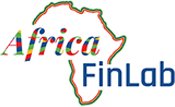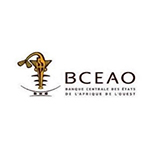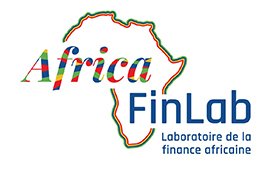Economic growth in Niger in 2021 was lower than in 2020. Inflationary pressures eased, with inflation falling from 4.4 percent in 2020 to 3.19 percent in 2021, but the inflation rate remains above the WAEMU standard of 3 percent. The allocation of SDR 126 million in 2021 amounted to US$ 179 million. The chronic current account deficit deteriorated slightly to 13.6 percent of GDP in 2021 from 13.1 percent in 2020, while foreign exchange reserves increased to cover 6.1 months of imports from 5.5 months in 2020. (Download detailed Analysis Source : Report African Economic Outlook 2022 ; AfDB)
As a member of the West African Economic and Monetary Union (UEMOA), Niger is a member of the Bourse Régional des Valeurs Mobilières (BRVM), a stock exchange common to all eight (8) countries of the union. At the end of December 2022, the BRVM had 46 listed companies representing a market capitalization of $12.2 billion. Foreign direct investment flows to Niger grew during the 2017-2019 period. After a 50% contraction in 2020, these flows increased by 109% in 2021, from $360.7 million in 2020 to $754.6 million.



